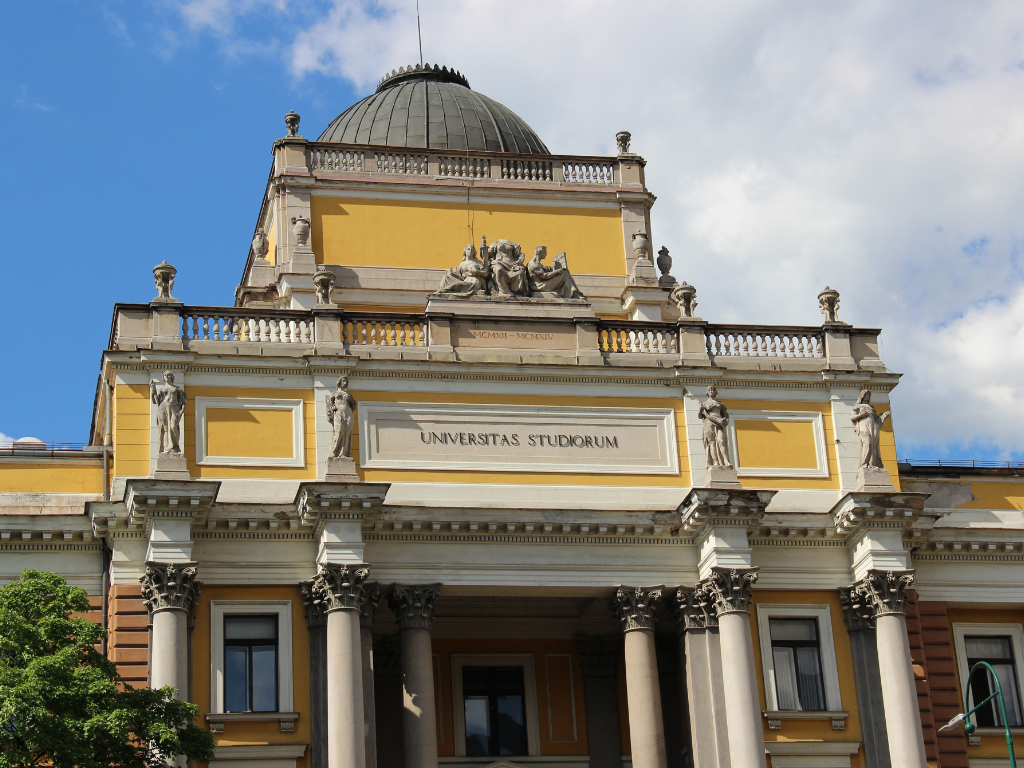Did you know about Sarajevo?
Sarajevo was first placed on the map of academic centers in this part of Europe in 1573, signing the Waqfname (Book of Endowment) by Gazi Husrev-bey. Today, Gazi Husrev-bey’s Library is, as an associate member, the oldest institution within the University of Sarajevo. Following the departure of the Ottoman administration and the arrival of Austria-Hungary, the Sharia Judicial Academy was founded in 1887, the National Museum in 1888 (associated member), the Catholic Seminary of the Vrhbosna Archbishopric in 1890 (associated member). Sarajevo has attracted international attention several times throughout its history: in 1914, it was the site of the assassination of the Austrian heir to the throne, the event that triggered World War I, while seventy years later, it became the host city of 1984 Winter Olympics. More recently, during the Aggression on Bosnia and Herzegovina, Sarajevo went through the longest siege in modern military history. Today, the city is recovering and adjusting to a post-war reality as a significant center of culture and economic development in the Western Balkans.
Sarajevo today
Sarajevo is the capital and the largest city of Bosnia and Herzegovina, with a population of about 300,000 people living in the four municipalities that make up the city area and around 440,000 people living in the broader scope of the Sarajevo Canton (according to data from 2013 Census of Population, Households, and Dwellings in Bosnia and Herzegovina).
We have diversity!
The city is famous for its traditional religious diversity, with Islam, Orthodoxy, Catholicism, and Judaism living here for centuries. In Bosnia and Herzegovina, there are Bosniaks, Croats, Serbs, and 17 different national minorities.
We are Mediterranean and Continental!
Sarajevo is located in the Sarajevo valley, surrounded by the Dinaric Alps, and situated around the Miljacka River. Sarajevo has a rather continental climate with cold and snowy winters. With the influence of the Mediterranean part of this country, our summers are warm and extreme.
We are the University of Sarajevo!
The University of Sarajevo is the leading higher education institution in Bosnia and Herzegovina and one of the top universities in the region. This is traditionally the most popular and the most prestigious higher education institution in Bosnia and Herzegovina. Until 1975, the University of Sarajevo was the only University in Bosnia and Herzegovina and the beacon of higher education and science development in the country.
Since its founding, the University of Sarajevo has been oriented towards international cooperation, building bridges between cultures, and establishing partnerships worldwide. It is open to anyone who wishes to contribute, with relevant intellectual qualities, to participate in the development of education and research, respecting the principles of the University autonomy and academic freedom of individual expression and affirmation of skills and qualities.
We have a mission and vision!
The orientation of the University of Sarajevo is the integration into the world academic processes and continuous efforts towards improving our international reputation. Through its teaching and research, the University of Sarajevo is responsible for educating competent, capable, creative, and internationally recognizable professionals in all areas of interest to Bosnia and Herzegovina. It is expected that they will be able to provide quality professional services in modern society in the economic, political, and cultural context of Europe and the world.
We have Bologna!
In September 2003, Bosnia and Herzegovina signed and accepted the European strategic goals in the field of higher education, as expressed in the Declaration of the European Higher Education Ministers made in Bologna (1999), as well as the subsequent development of this concept. This has followed the implemented Tempus project model 3+2 at the Faculty of Natural Sciences. First University of Sarajevo’s generation enrolled in I cycle as Bologna generation in 2005, II cycle in 2008, and III cycle in 2010. From 2012 to 2014, the changed model of Bologna reform was implemented at the University of Sarajevo. The three-cycle study system at the University of Sarajevo leads to the following academic titles: bachelor, upon completion of the first cycle, master, upon completion of the second cycle, and doctor of science/arts, upon completion of the third cycle. An integrated program of the first and second cycle at schools of the medical group leads to a doctor of medicine/dental medicine/veterinary medicine and a master of pharmacy.
We have diverse study and research units!
The University of Sarajevo is a public institution offering study and research opportunities at 33 member units: 22 Faculties, 3 Academies, 2 Centres, 5 Institutes, with National and University Library, Gazi Husrevbey Library, National Museum of Bosnia and Herzegovina, Student Parliament, and with over 500 study programs and over 200 departments. Today, having around 25,000 enrolled students, it ranks among the largest universities in the region. The main objective of all the University’s current activities is to raise the quality of studies and research, which will respectably represent Bosnia & Herzegovina on the international level and promote the traditional, historical, cultural, scientific, and artistic values of South-Eastern Europe.
We have a study offer!
The University of Sarajevo offers a wide range of study programs in the science group of:
- Arts
- Fine Arts & Design,
- Performing Arts,
- Music & Musicology
- Humanities
- Education
- Philosophy
- Psychology
- Local and international languages
- History
- Archaeology
- Sociology
- Islamic Studies
- CatholicTheology Studies
- Medicine
- Medicine
- Pharmacy
- Public Health
- Dentistry
- Veterinary
- Social Sciences
- Business Studies,
- Management Science
- Law
- Criminology
- Journalism
- Public Relations
- Communication
- Security And Peace Studies
- Social Work
- Sociology
- Political Science
- Public Administration
- Sports
- Technical Sciences
- Architecture & Transport
- Electrical Engineering
- Telecommunications
- Civil Engineering
- Mechanical Engineering
- Nature and Biotechnical Sciences
- Agriculture & Forestry
- Geography
- Biology
- Physics
- Chemistry
- Mathematics
We have English-taught modules!
Most courses and study programs are performed in the local language (Bosnian/Croatian/Serbian). Additionally, we have some study programs wholly taught in English. We offer over 300 modules and courses in adaptive English for international exchange students. The classes are in the local language. Still, international students can have exams, paperwork, research, and mentorship in English or another language.

